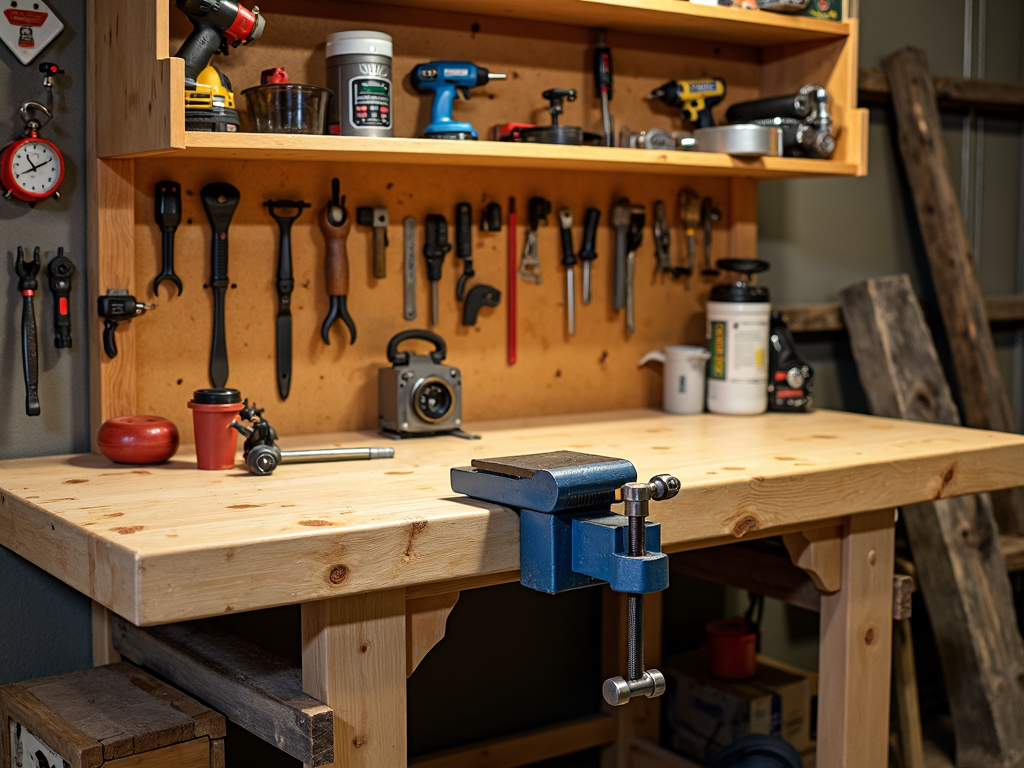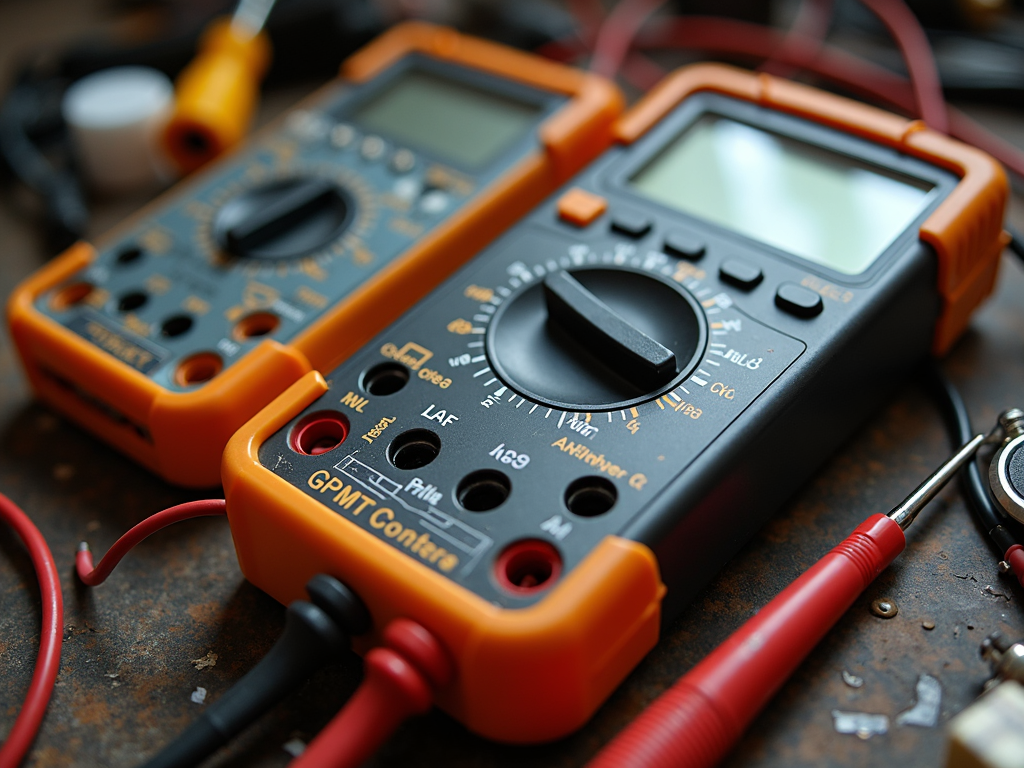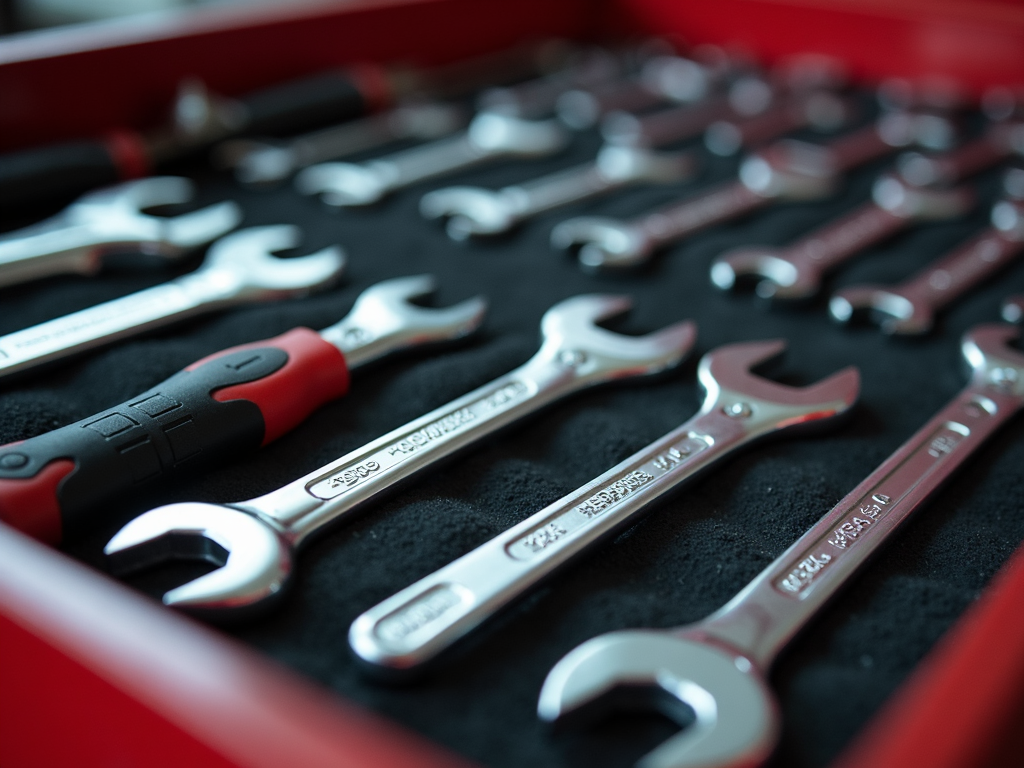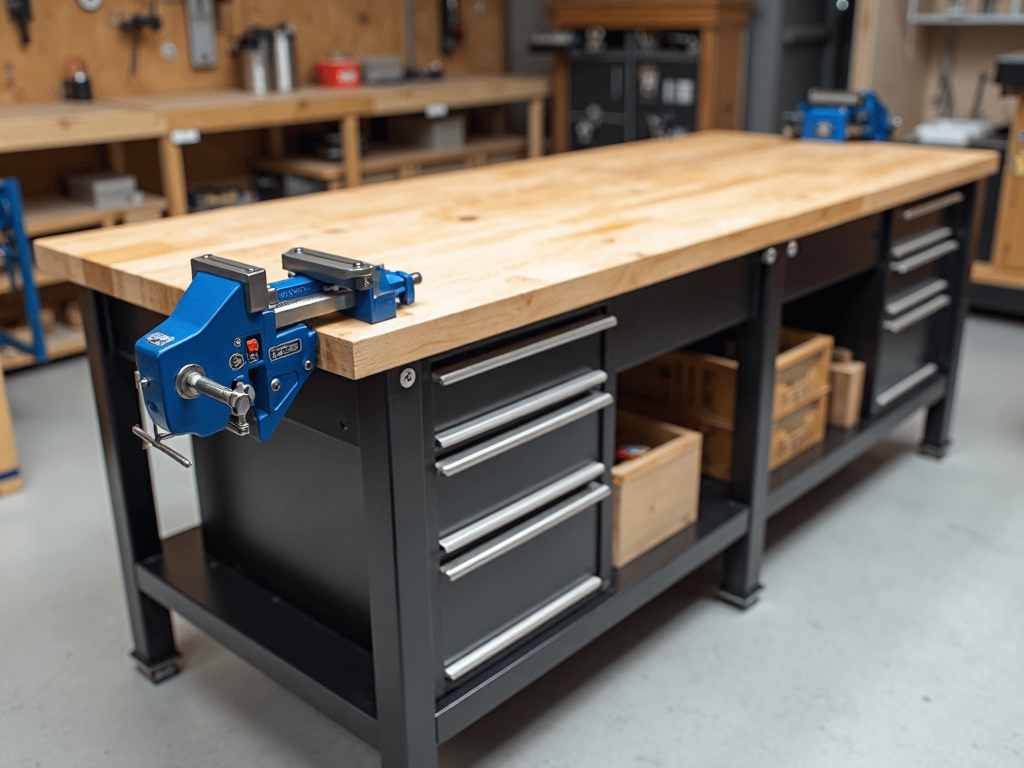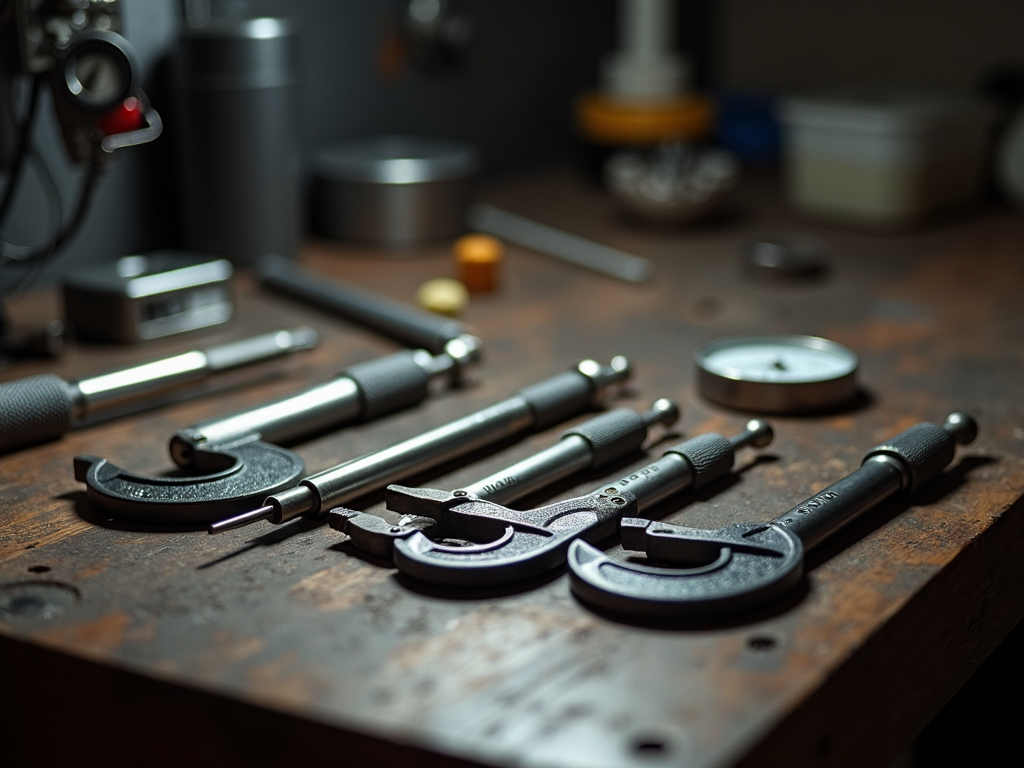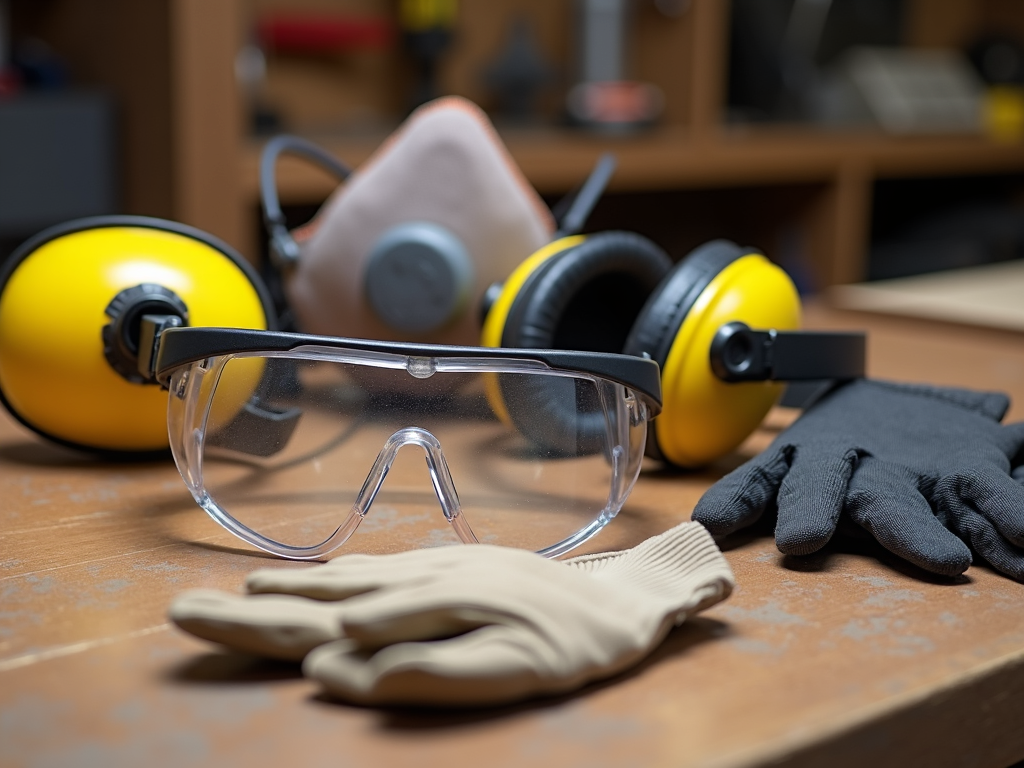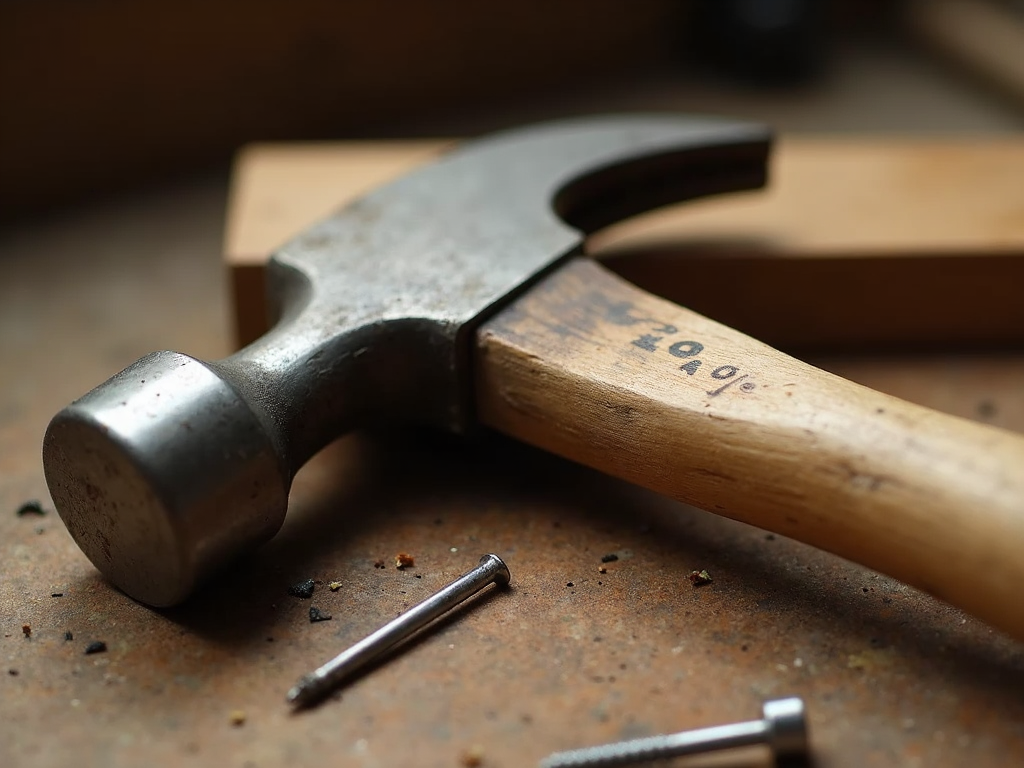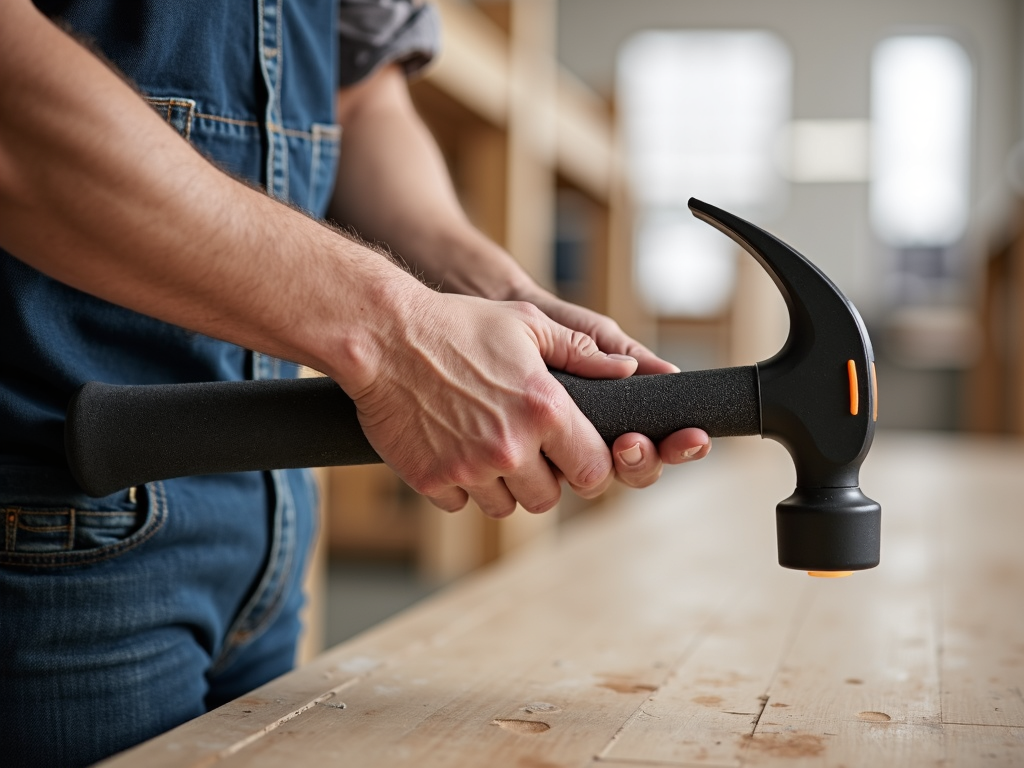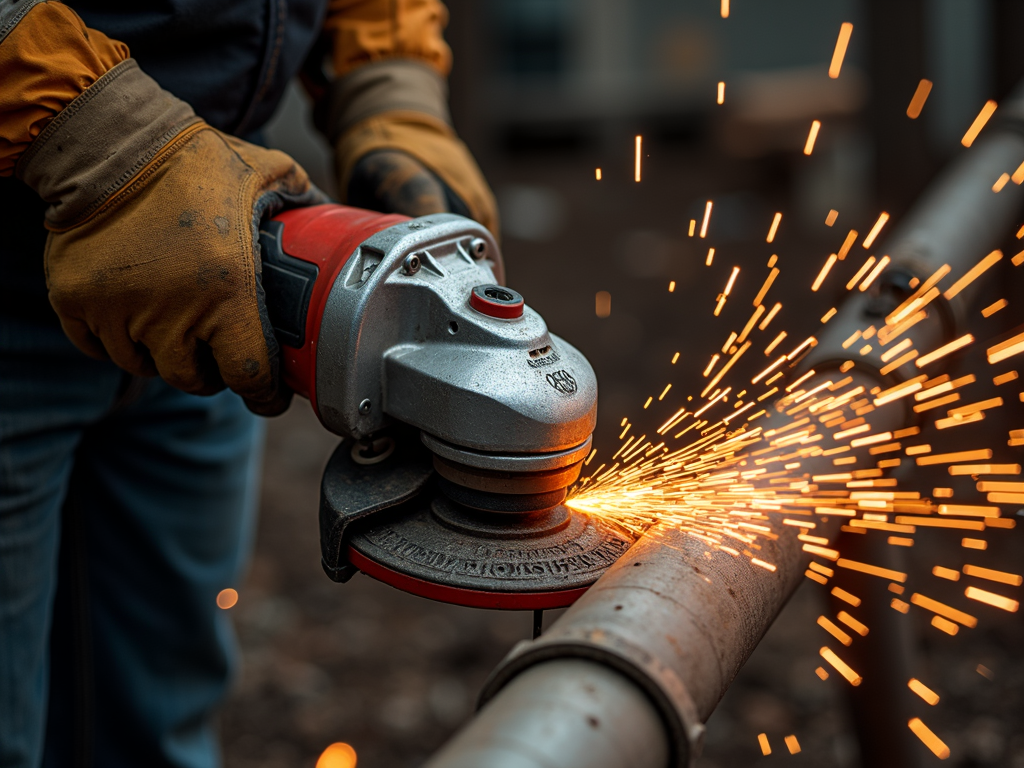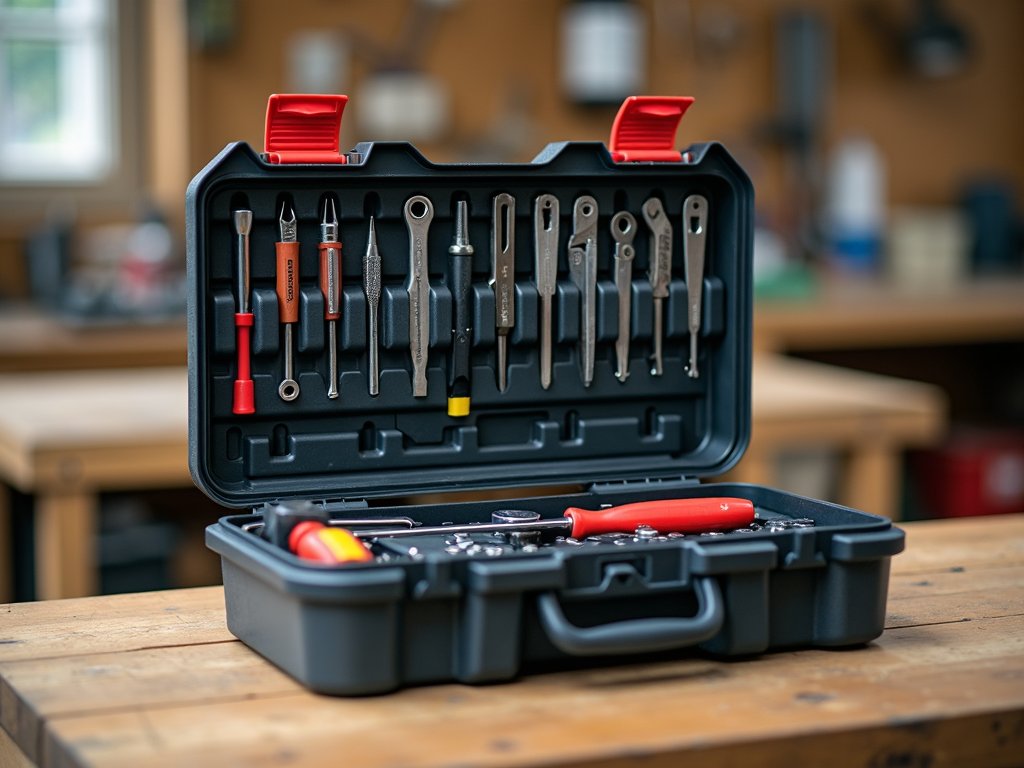Choosing between a corded and a cordless drill can feel overwhelming, especially with so many options available. Both types of drills have their strengths and weaknesses, and the right choice depends on your specific needs. In this guide, we'll break down the differences between corded and cordless drills, helping you decide which one is best for your projects. Whether you're a DIY enthusiast or a professional, understanding these differences will save you time, money, and frustration.
What Are Corded and Cordless Drills?
Before diving into the pros and cons, let's quickly define what corded and cordless drills are.
-
Corded drills are power drills that need to be plugged into an electrical outlet to function. They draw continuous power from the outlet, which means they never run out of energy as long as they're connected.
-
Cordless drills, on the other hand, are powered by rechargeable batteries. They offer more flexibility and portability since they don't need to be tethered to a power source.
Both types of drills can be used for a variety of tasks, from drilling holes to driving screws, and many come with multiple attachments to increase their versatility.
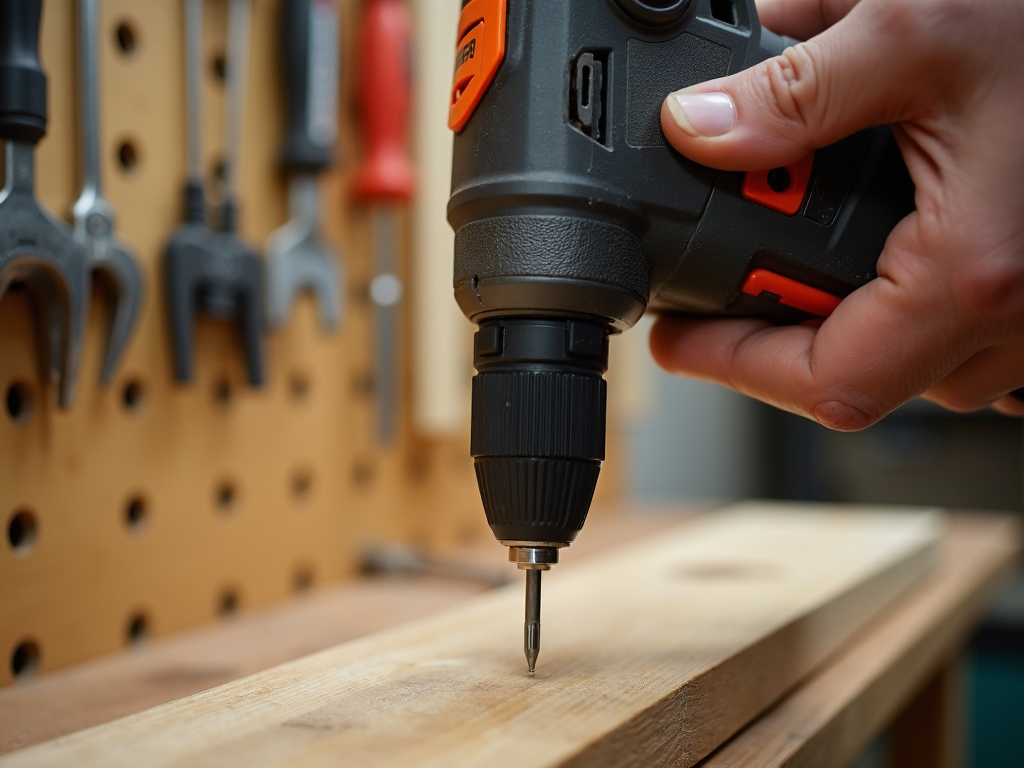
Advantages of Corded Drills
Corded drills have been a staple in workshops for decades, and for good reason. Here are some of their key advantages:
-
Unlimited Power: Since they're plugged into an outlet, corded drills never run out of power. This makes them ideal for long, demanding tasks where you don't want to worry about recharging batteries.
-
Consistent Performance: Corded drills deliver a steady stream of power, which is especially important for heavy-duty tasks like drilling through masonry or metal.
-
Cost-Effective: Generally, corded drills are less expensive than their cordless counterparts, especially when you factor in the cost of replacement batteries over time.
-
Lighter Weight: Without the need for a battery, corded drills are often lighter, making them easier to handle for extended periods.
However, corded drills do have some drawbacks. The most obvious is the cord itself, which can limit your mobility and make it difficult to work in tight spaces or areas without easy access to an outlet.
Advantages of Cordless Drills
Cordless drills have surged in popularity in recent years, thanks to advancements in battery technology. Here are some reasons why you might prefer a cordless drill:
-
Portability: Without a cord, you can take a cordless drill anywhere. This makes them perfect for outdoor projects, working on ladders, or in areas where outlets are hard to reach.
-
Convenience: Cordless drills are quick to set up and easy to move around. You don't have to worry about tripping over cords or finding extension cables.
-
Versatility: Many cordless drills come with interchangeable batteries that can be used with other power tools from the same brand, making them a great addition to a larger tool collection.
-
Improved Battery Life: Modern lithium-ion batteries last longer and charge faster than older models, reducing downtime.
On the flip side, cordless drills can be more expensive upfront, and their batteries will eventually need to be replaced. Additionally, they may not provide the same level of power as corded drills for extremely demanding tasks.
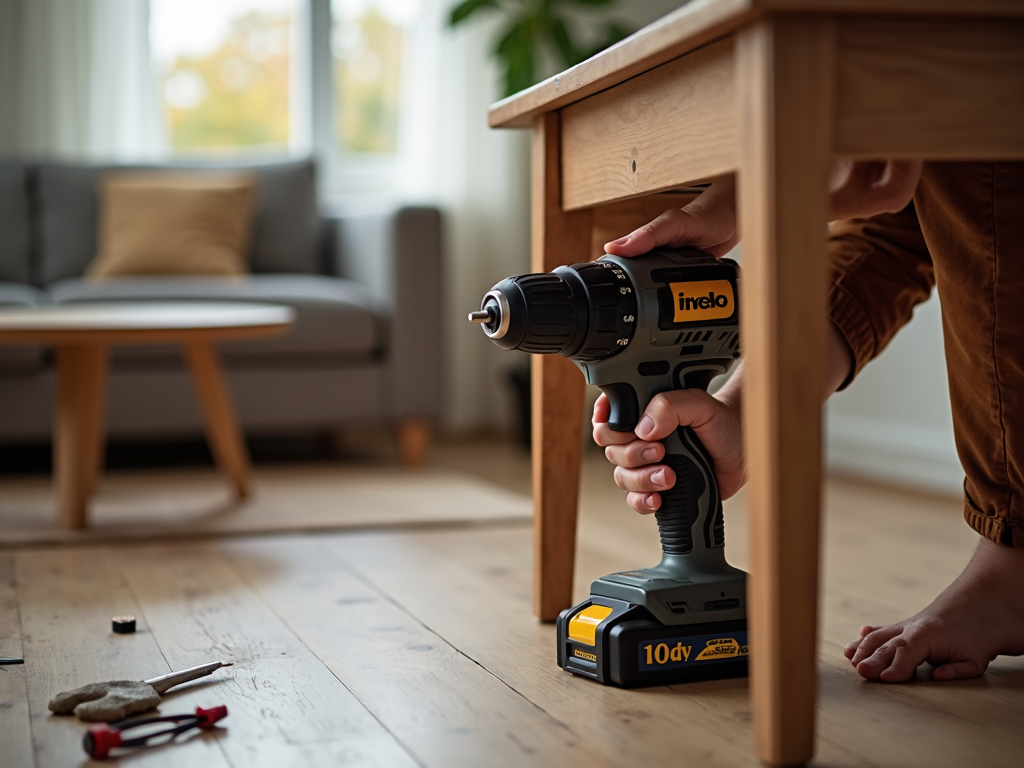
Which Drill Is Right for You?
The decision between a corded and cordless drill ultimately comes down to your specific needs and preferences. Here are some scenarios to help you decide:
- Choose a corded drill if:
- You need consistent, high power for heavy-duty tasks.
- You're working in a fixed location with easy access to outlets.
-
You're on a budget and don't want to worry about battery replacements.
-
Choose a cordless drill if:
- You need portability for outdoor or remote projects.
- You value convenience and ease of movement.
- You're willing to invest in a tool that can be part of a larger battery-powered tool system.
It's also worth noting that many professionals and DIYers own both types of drills, using each for different tasks. For example, you might use a corded drill for big projects in your workshop and a cordless drill for quick fixes around the house.
Real-World Example: My Experience with Corded and Cordless Drills
A few years ago, I was renovating my garage and needed to install shelving units. The project involved drilling into concrete walls, which required a lot of power. I started with my cordless drill, but after a few holes, the battery died, and I had to wait for it to recharge. Frustrated, I switched to a corded drill, and it made all the difference. The consistent power allowed me to finish the job quickly without any interruptions.
On the other hand, when I was building a treehouse for my kids, a cordless drill was a lifesaver. I didn't have to worry about running extension cords up into the tree, and I could move freely as I worked. The portability made the project much easier and safer.
These experiences taught me that both types of drills have their place, and the key is to choose the right tool for the job.
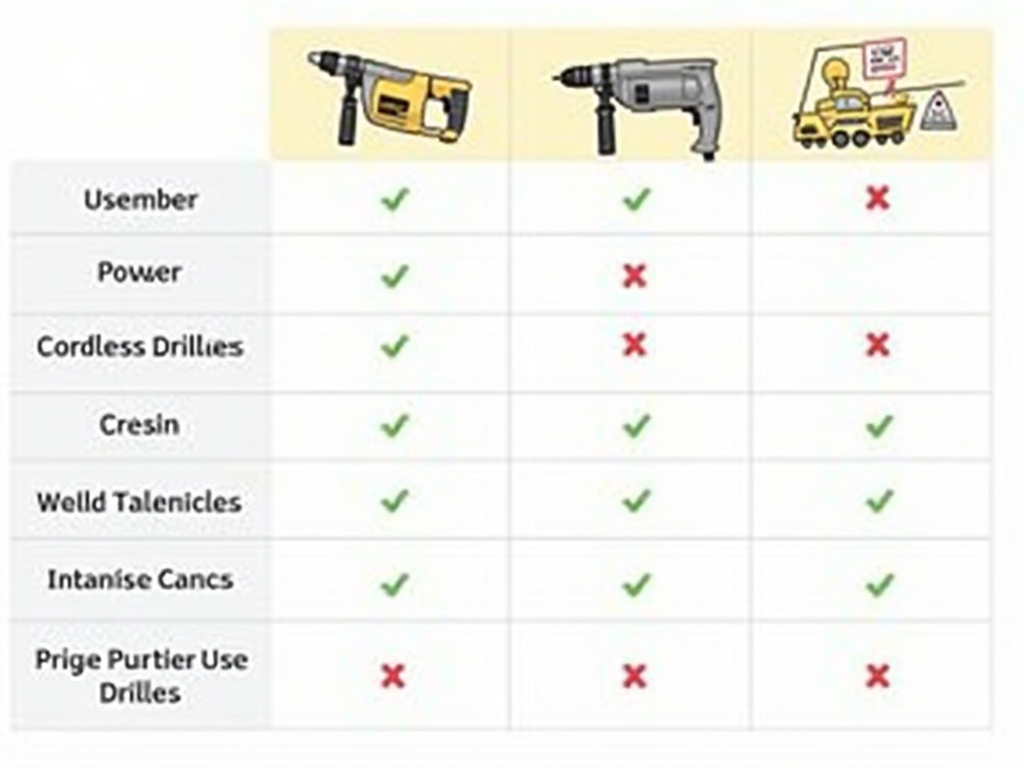
Additional Considerations
When choosing between corded and cordless drills, there are a few other factors to keep in mind:
-
Battery Life and Charging Time: If you opt for a cordless drill, look for one with a long battery life and fast charging times. Some models come with two batteries, so you can always have one charged and ready to go.
-
Power Output: Corded drills typically have higher power output, measured in amps, while cordless drills are measured in volts. For heavy-duty tasks, a higher amp or volt rating is better.
-
Attachments and Accessories: Many drills come with multiple attachments, such as different drill bits or screwdriver heads. These can increase the versatility of your drill, making it a more valuable tool.
-
Weight and Ergonomics: Consider how the drill feels in your hand. A lighter drill might be easier to use for extended periods, but a heavier drill might offer more stability for certain tasks.
For more detailed information on drill specifications, check out this guide to power drills from a reputable tool manufacturer.
Conclusion
In the debate between corded and cordless drills, there's no one-size-fits-all answer. Both types of drills have their strengths and are suited to different tasks. If you need unlimited power and don't mind being tethered to an outlet, a corded drill is a reliable choice. If portability and convenience are more important, a cordless drill is the way to go.
Ultimately, the best drill for you depends on your specific needs and the types of projects you tackle most often. By understanding the pros and cons of each, you can make an informed decision and choose the right tool for the job.
Related Corded vs. Cordless Drills: Which Is Right for You?:
- Top Features to Look for in a Workbench: A Comprehensive Guide
- How to Pick the Right Multimeter for You
- Painting Like a Pro: Essential Tools and How to Care for Them
- The Ultimate Guide to Choosing the Right Wrench for Every Job
- Comprehensive Guide to Tool Maintenance and Care Tips
- The Evolution of Workbenches: From Basic to Advanced Designs
- Precision Tools for Every Craftsman: A Comprehensive Guide
- Safety Tips for Workshop Enthusiasts: A Comprehensive Guide
- Types of Hammers for Different Projects: A Comprehensive Guide
- A Guide to Preventing Work-Related Injuries with Ergonomic Tools
- Top 10 Power Tools Every DIYer Needs
- Guide to Extending the Life of Your Hand Tools
